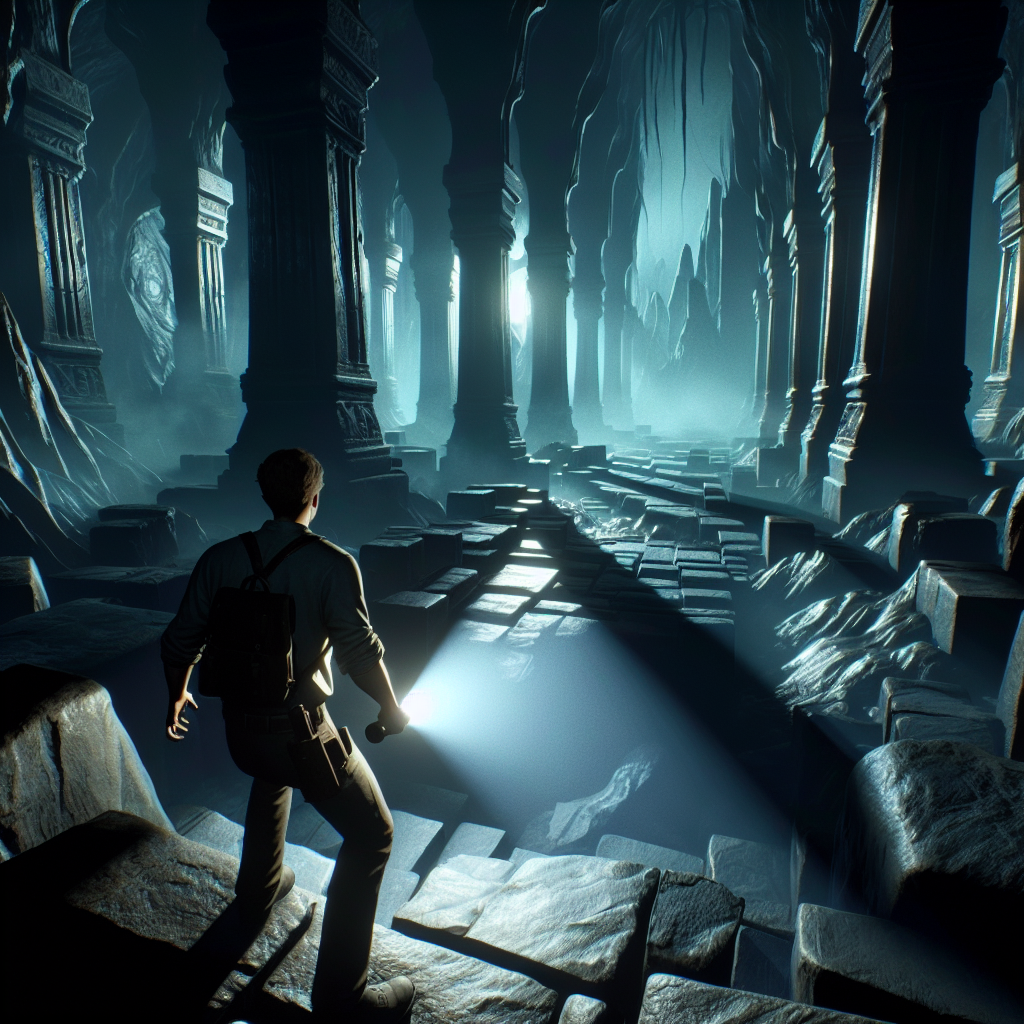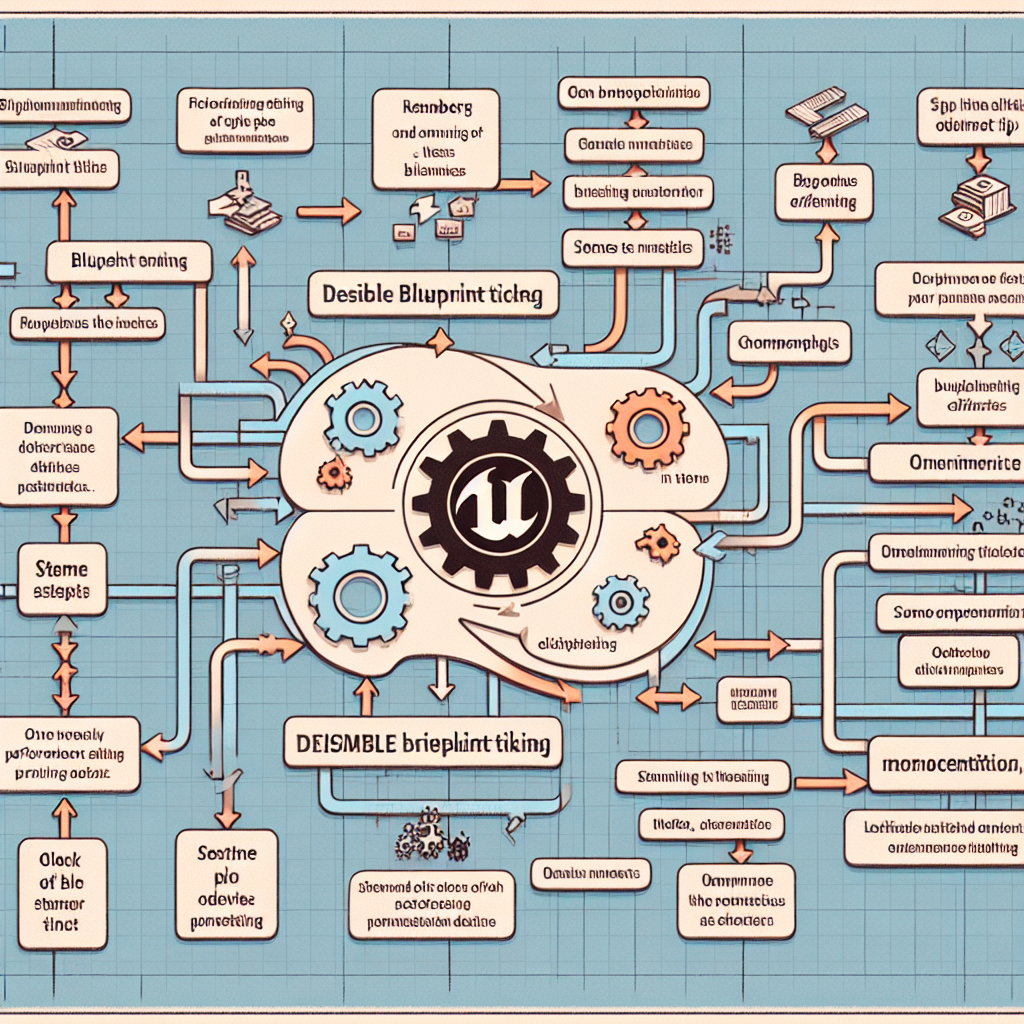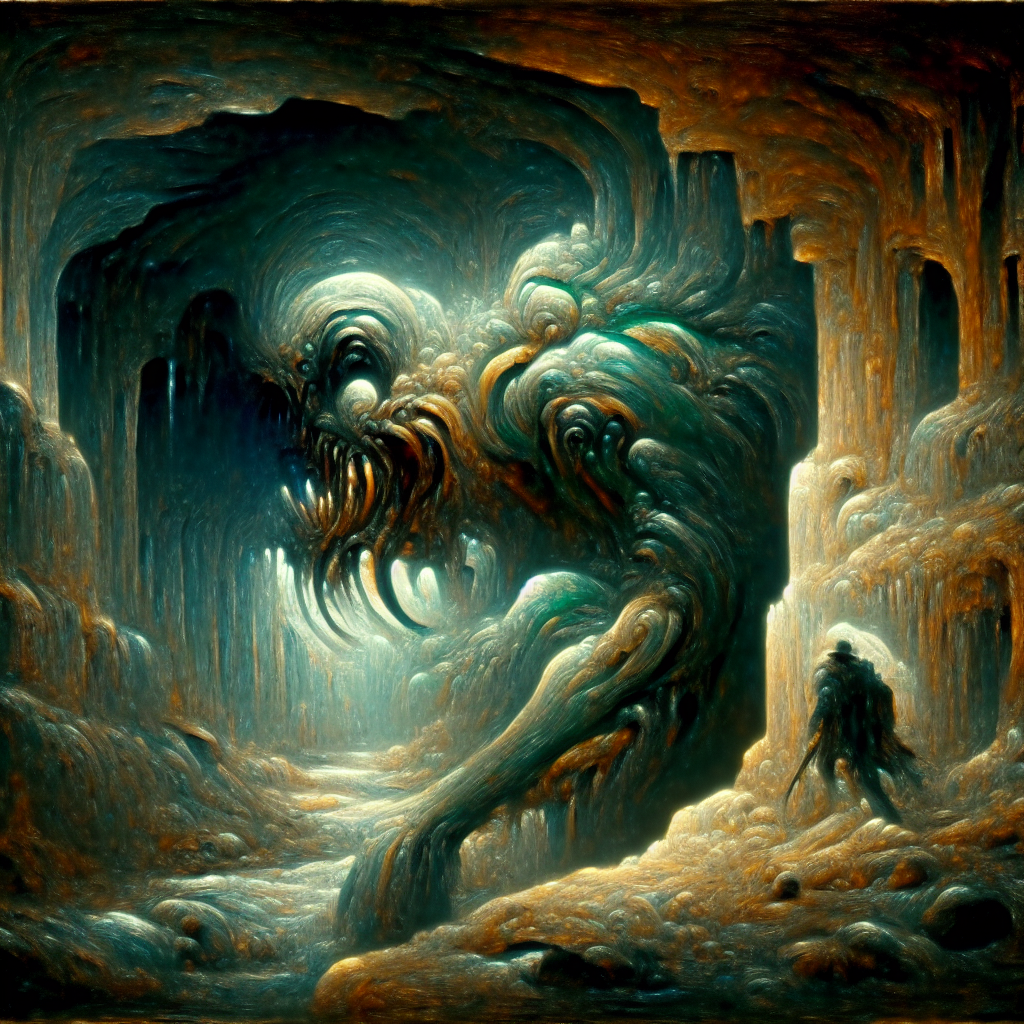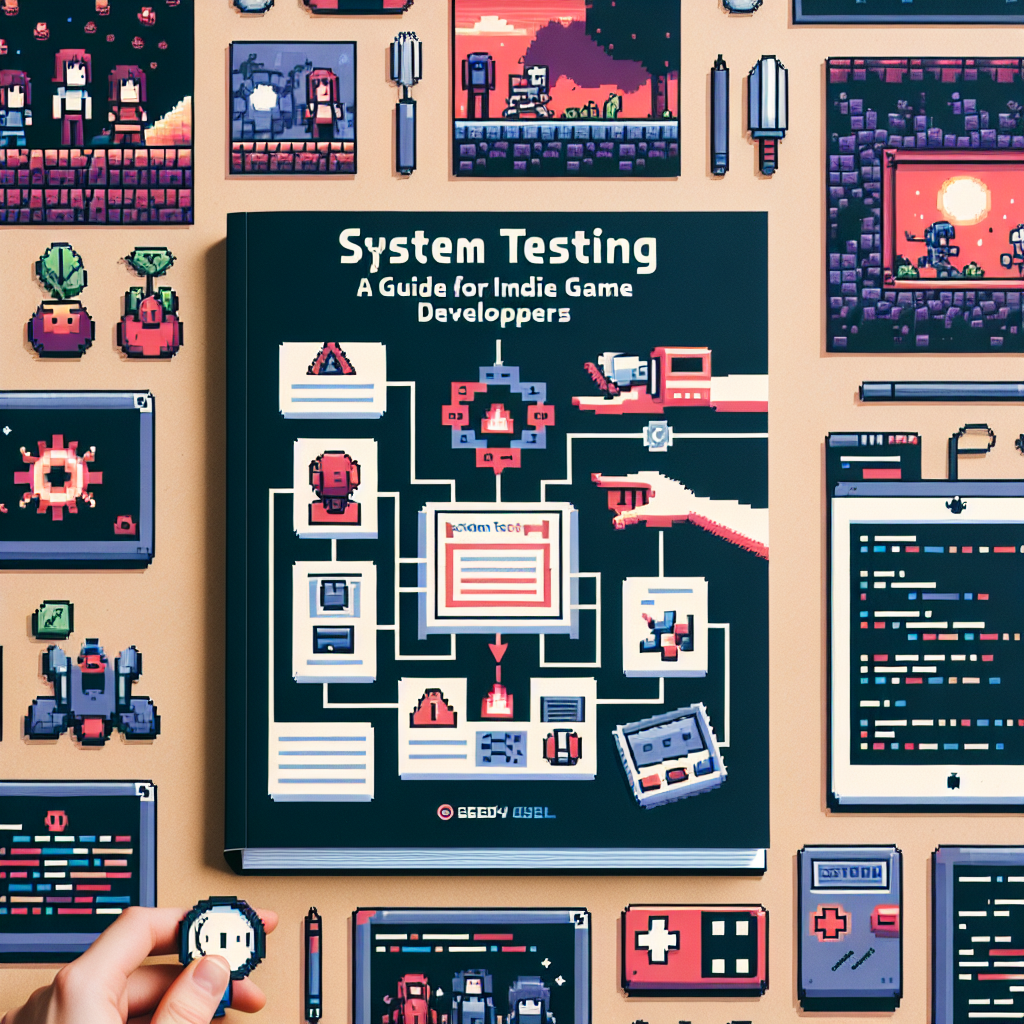-
Table of Contents
Lovecraft in Video Games: The Cosmic Horror Experience
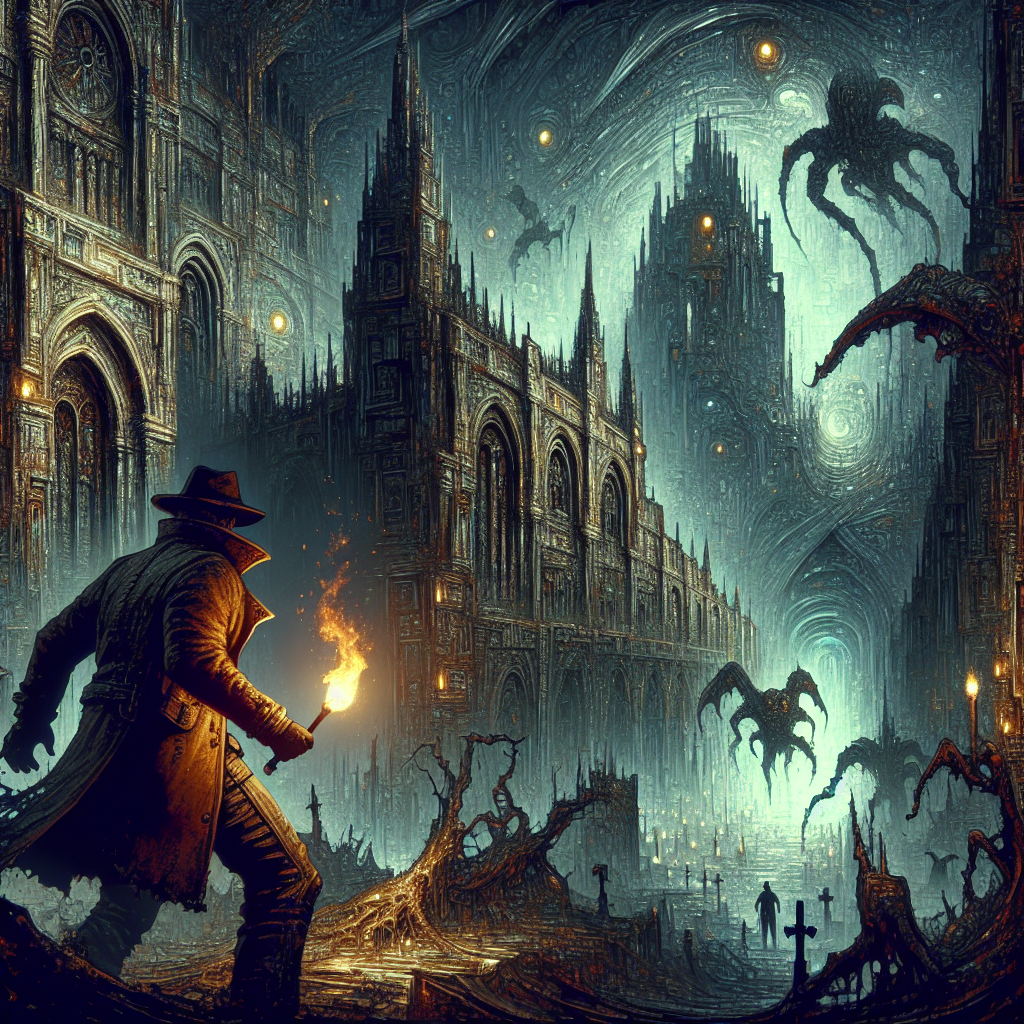
H.P. Lovecraft, the early 20th-century writer known for his unique brand of cosmic horror, has left an indelible mark on various forms of media, including literature, film, and, notably, video games. His themes of existential dread, the insignificance of humanity, and the unknown have resonated with creators and players alike, leading to a rich tapestry of games that explore these concepts. This article delves into the influence of Lovecraftian themes in video games, examining notable titles, gameplay mechanics, and the cultural impact of this genre.
The Essence of Lovecraftian Horror
At the core of Lovecraft’s work is the idea that humanity is a mere speck in an incomprehensibly vast universe. This perspective is often encapsulated in several key themes:
- Cosmic Indifference: The universe is indifferent to human existence.
- Insanity: Encounters with the unknown can lead to madness.
- Forbidden Knowledge: The pursuit of knowledge can have dire consequences.
These themes create a fertile ground for video game narratives, allowing developers to craft experiences that evoke fear and wonder simultaneously.
Notable Lovecraftian Video Games
Several video games have successfully integrated Lovecraftian elements, each offering a unique interpretation of his themes. Here are some standout examples:
1. Bloodborne
FromSoftware’s Bloodborne is often hailed as a modern masterpiece that embodies Lovecraftian horror. Set in the gothic city of Yharnam, players encounter grotesque creatures and unravel a narrative steeped in cosmic horror. The game’s atmosphere, combined with its themes of forbidden knowledge and the fragility of sanity, creates an immersive experience that resonates with Lovecraft’s work.
2. Call of Cthulhu: Dark Corners of the Earth
This 2005 survival horror game is directly based on Lovecraft’s short story “The Shadow over Innsmouth.” Players assume the role of private investigator Edward Pierce, who uncovers dark secrets in the town of Innsmouth. The game effectively utilizes sanity mechanics, where players’ mental state deteriorates upon encountering horrific entities, mirroring Lovecraft’s themes of madness.
3. Darkest Dungeon
Darkest Dungeon is a turn-based RPG that emphasizes the psychological toll of adventuring. Players manage a roster of heroes, each with unique afflictions and stress levels. The game’s Lovecraftian aesthetic is evident in its art style and narrative, which revolves around exploring a cursed estate filled with eldritch horrors. The mechanics of stress and insanity are central to gameplay, reinforcing the themes of Lovecraft’s work.
The Mechanics of Horror
Lovecraftian video games often employ specific mechanics to enhance the horror experience:
- Sanity Systems: Many games feature sanity meters that affect gameplay as characters encounter terrifying creatures.
- Atmospheric Design: Dark, oppressive environments and unsettling soundscapes create a sense of dread.
- Unreliable Narrators: Players often question the reliability of their characters, mirroring Lovecraft’s themes of madness.
These mechanics not only immerse players in the narrative but also evoke the feelings of helplessness and fear that are hallmarks of Lovecraftian horror.
Cultural Impact and Legacy
The influence of Lovecraft on video games extends beyond individual titles. The rise of indie games has seen a resurgence of interest in Lovecraftian themes, with developers exploring the genre in innovative ways. Games like Amnesia: The Dark Descent and The Sinking City have further popularized Lovecraftian horror, demonstrating its lasting appeal.
Statistics indicate that horror games have seen a significant increase in popularity, with the genre accounting for over 20% of the gaming market in recent years. This trend highlights the enduring fascination with fear and the unknown, elements that Lovecraft masterfully encapsulated in his writing.
Conclusion
Lovecraft’s influence on video games is profound and multifaceted, shaping narratives and gameplay mechanics that evoke existential dread and cosmic horror. Titles like Bloodborne, Call of Cthulhu, and Darkest Dungeon exemplify how developers have harnessed Lovecraftian themes to create immersive experiences that resonate with players. As the gaming industry continues to evolve, the legacy of Lovecraft will undoubtedly inspire future generations of creators, ensuring that the cosmic horrors of his imagination remain a vital part of the gaming landscape.
